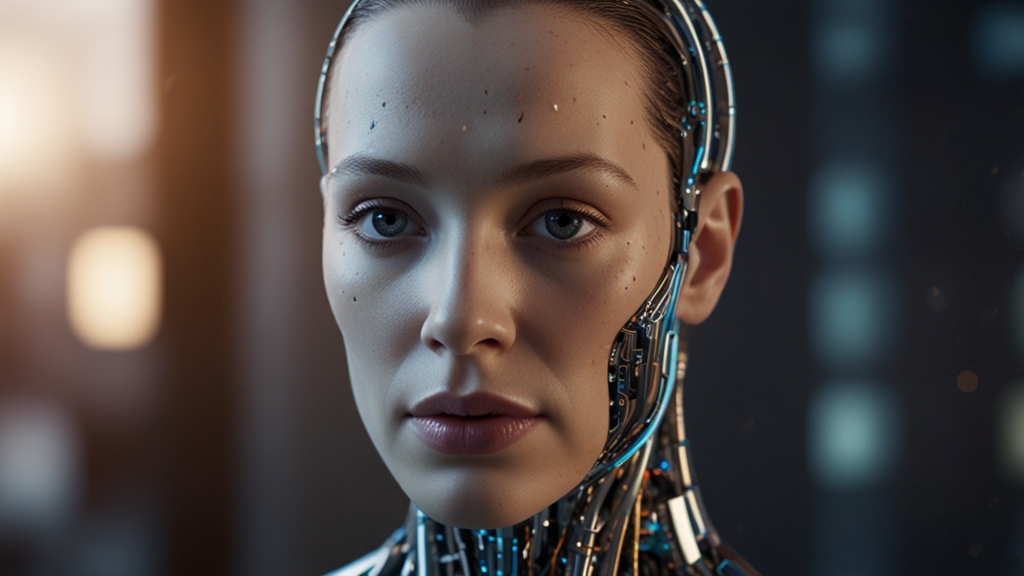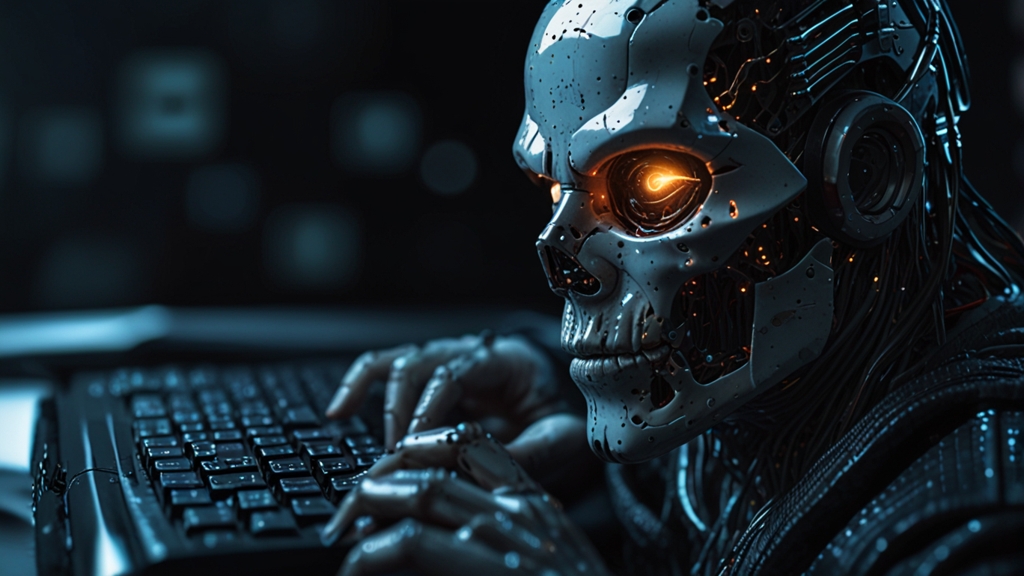Will AI Outpace Human Intelligence? Experts Weigh In
The dawn of artificial intelligence (AI) has brought about an unprecedented era of technological advancement and ethical contemplation. As AI capabilities continue to grow, an essential question emerges: Will AI outpace human intelligence? Experts from various fields offer a range of perspectives on this compelling topic.
The Rapid Evolution of AI
AI technology has evolved at a breakneck pace since its inception. From basic machine learning algorithms to sophisticated neural networks capable of performing complex tasks, the growth trajectory of AI systems has been staggering. Modern AI can diagnose medical conditions, drive cars, and even compose music, all tasks that were once considered the exclusive domain of human intelligence.
AI vs. Human Intelligence: Understanding the Differences
Before delving into whether AI will surpass human intelligence, it is crucial to understand the fundamental differences between the two. Human intelligence is characterized by emotional depth, creativity, moral reasoning, and consciousness. In contrast, AI excels in pattern recognition, data processing, and executing pre-defined tasks with high precision.
According to Dr. Melanie Mitchell, a professor of complexity at the Santa Fe Institute:
"AI systems are incredibly powerful at dealing with large datasets and finding patterns. However, they lack the nuanced understanding and emotional intelligence that humans possess."
The Argument for AI Outpacing Human Intelligence
Proponents of the idea that AI could surpass human intelligence point to the exponential growth in AI research and development. Innovations in deep learning and quantum computing hint at a future where AI systems could perform tasks far beyond current human capabilities. Notably, the concept of Artificial General Intelligence (AGI) — an AI with human-like cognitive abilities — is a focal point of this discussion.
Elon Musk, CEO of SpaceX and Tesla, is a vocal proponent of the potential for AGI:
"I am convinced that AI will surpass human intelligence by a substantial margin. The rate at which AI is improving is exponential. We need to be very mindful of this development."
The Skeptical Perspective
On the other side of the spectrum, skeptics argue that true AGI is still a distant dream. They emphasize the current limitations of AI, such as its inability to understand context, its reliance on vast amounts of data, and its lack of common sense. These critics believe that while AI will continuously improve and automate more tasks, it will not achieve a level of intelligence that outpaces humans in all aspects.
Dr. Gary Marcus, a cognitive scientist and AI researcher, offers a nuanced take:
"AI is making strides in specific areas, but we're nowhere near creating a system that has the flexible, adaptive intelligence of a human being. There are fundamental challenges that we have yet to overcome."
Ethical and Societal Implications
Regardless of where one stands on the issue, the implications of AI surpassing human intelligence are profound. The ethical considerations include ensuring that AI systems are aligned with human values, preventing misuse, and safeguarding against bias and discrimination in AI algorithms. There is also the question of economic impact, as AI stands to disrupt job markets and redefine the nature of work.
Conclusion
The debate over whether AI will outpace human intelligence is far from settled. While some experts see a future where AI systems surpass human intellectual capabilities, others believe that the unique qualities of human cognition are irreplaceable. As AI continues to evolve, ongoing research, ethical considerations, and societal engagement will be crucial in navigating this complex landscape.
In the meantime, the interplay between human ingenuity and artificial intelligence will continue to shape our world in ways we can only begin to imagine.






